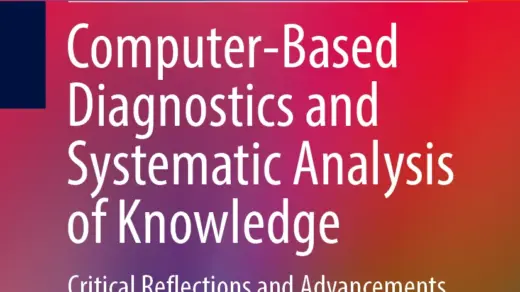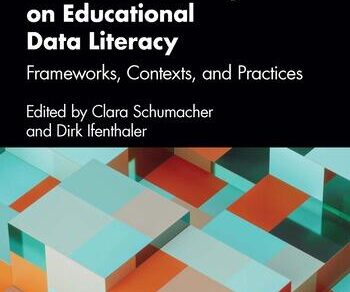A new open-access article has been published that focuses on adaptive assessment approaches in serious games.
Ifenthaler, D., Sahin, M., Boo, I., Rajasegeran, D. D., & Yuh, A. S. (2025). Adaptive serious games assessment: The case of the blood transfusion game in nursing education. Computers & Education: Artificial Intelligence, 8, 100351. https://doi.org/10.1016/j.caeai.2024.100351
- •The study highlighted the efficiency of the adaptive assessment algorithm in determining competency indicators through gameplay activities.
- •Notable discrepancies existed between the game-embedded and adaptive assessment results, suggesting potential biases in the game result, which tended to overestimate the demonstrated competence.
Serious games generate extensive gameplay data, offering real-time insights into learners’ performances, but their integration into assessment practices is underexplored. This study focuses on a serious game designed to assess blood transfusion administration competencies among practising nurses. The presented research focuses on the feasibility of embedded game scoring and an adaptive assessment algorithm to gauge practising nurses’ competence levels during gameplay. The analysis of more than 20,000 gameplay activities across seven stages revealed substantial engagement by more than 900 participants but highlighted variable competency indicator achievement rates among the stages. The adaptive assessment algorithm’s efficiency in determining competency indicators through gameplay activities was evident, providing rapid decisions with a few instances of undecided classifications. However, notable variations in competency indicator demonstration levels across game stages underscore the necessity for tailored adaptive assessments for individual performance trajectories. The findings emphasise the strengths of adaptive assessment algorithms in assessing competence levels in serious games while highlighting the imperative need for alignment with observed gameplay performance, calling for enhanced accuracy and reliability as well as ensuring data privacy and ethics.


